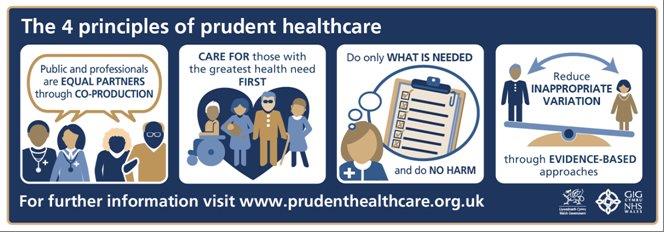What really matters in healthcare? Two of my dearest friends are living with metastatic cancer. We talk as close friends do and they have both often asked me how to have a conversation with the healthcare professionals looking after them so that they can make the decisions they need to make to live as well as they can for as long as they can. Talking to my friends in this way has brought the issue of shared decision making up close and personal in a way I have not previously experienced. As a GP I like to think that I am always considering the needs and goals of the people under my care and I am sure I am no different to any other clinician. However, despite all of our best intentions we can get it wrong and this is because our perspective is so very different from that of our patients. We are focused on clinical outcomes...has the tumour reduced on the scan, what is the average time to progression for a given treatment? My mates want to know this too...but also if th...
Posts
Showing posts from August, 2017
- Get link
- X
- Other Apps

T he Prudent Healthcare Blogs - Variety is not the spice Principle four - Reduce inappropriate variation through evidence-based approaches I have tweeted a few times already about the peculiarities of language and the power words have to please and offend. I therefore now confess that I am offended by the word 'inappropriate' as it appears in the fourth prudent principle. I have tried to think about why that should be and have come to the conclusion that 'inappropriate' somehow implies a transgression, in this case perhaps by a well meaning healthcare professional. I take exception to that for some reason - unwarranted feels better and is in any case more true to the original definition. Unwarranted variation is a term coined by Dr John Wennberg, founder of the Centre for Evaluative Clinical Services at Dartmouth Medical School in the United States. He defined it as variation in healthcare delivery that cannot be explained by illness, medical need or evidenc...